World Cruise - Adelaide to Dover







| from | AU$11,350 |
per person |
Duration: 53 Nights
Destination: World Cruise
Cruise Line: Princess Cruises
Ship: Crown Princess
Cabin: Inside Twin Share
Departure/Arrival Port: Adelaide to London (Dover)
Deal Code: DC1LPN7Z
Description
Cruise itinerary: 53 Days | 20 Ports
DETAILED ITINERARY
Adelaide, Australia
Founded in 1836, this graceful city lies nestled on the coastal plain between Gulf St. Vincent and the Adelaide Hills. Adelaide was the vision of Colonel William Light, Australia's Surveyor General, who created a one-mile-square grid for the city's center and surrounded it with a belt of stunning parkland. Today, Adelaide is a metropolis of over one million people, boasting wide, tree-lined boulevards, superb Victorian and Edwardian architecture, tranquil parks, world-class shopping, and the highest number of restaurants per capita of any city in Australia.
Beyond the city and the rugged Adelaide Hills lie the Barossa and Eden Valleys. Here Australian vintners are winning international acclaim for their Cabernet Sauvignon, Riesling, Sauvignon Blanc and Shiraz.
Perth (Fremantle), Australia
Lying at the mouth of the Swan River, historic Fremantle - founded in 1829 - is your gateway to Perth, the capital of Western Australia. Situated on the banks of the Swan River some 15 miles upriver from Fremantle, Perth is a bustling city where soaring high-rises co-exist with elegant sandstone buildings from the colonial era. Life here moves at a slower pace, so during your visit, relax and savor the bounties of Western Australia, from the wonders of the bush to the wineries of the Swan Valley, from excellent shopping to a leisurely cruise on the Swan River.
Perth's explosive growth in recent decades has engulfed the old historic port of Fremantle - some 70 percent of Western Australia's population live in and around Perth.
Port Louis, Mauritius
Port Louis is the capital of the island of Mauritius. A volcanic island situated in the Indian Ocean east of Madagascar, Mauritius is lush and beautiful, with lovely mountain ranges, fine beaches, stunning coral reefs and picturesque villages.
Mauritius amazingly remained uninhabited until the 16th century. Dutch, British and French traders came to the island, followed by slaves from Africa to work the plantations and then laborers from India. The flavor here remains predominantly French, as does the language, however, the present population is fifty percent Indian. Today, Mauritius is independent and the economy prospers due to exports of sugar and textiles, plus it caters to tourism.
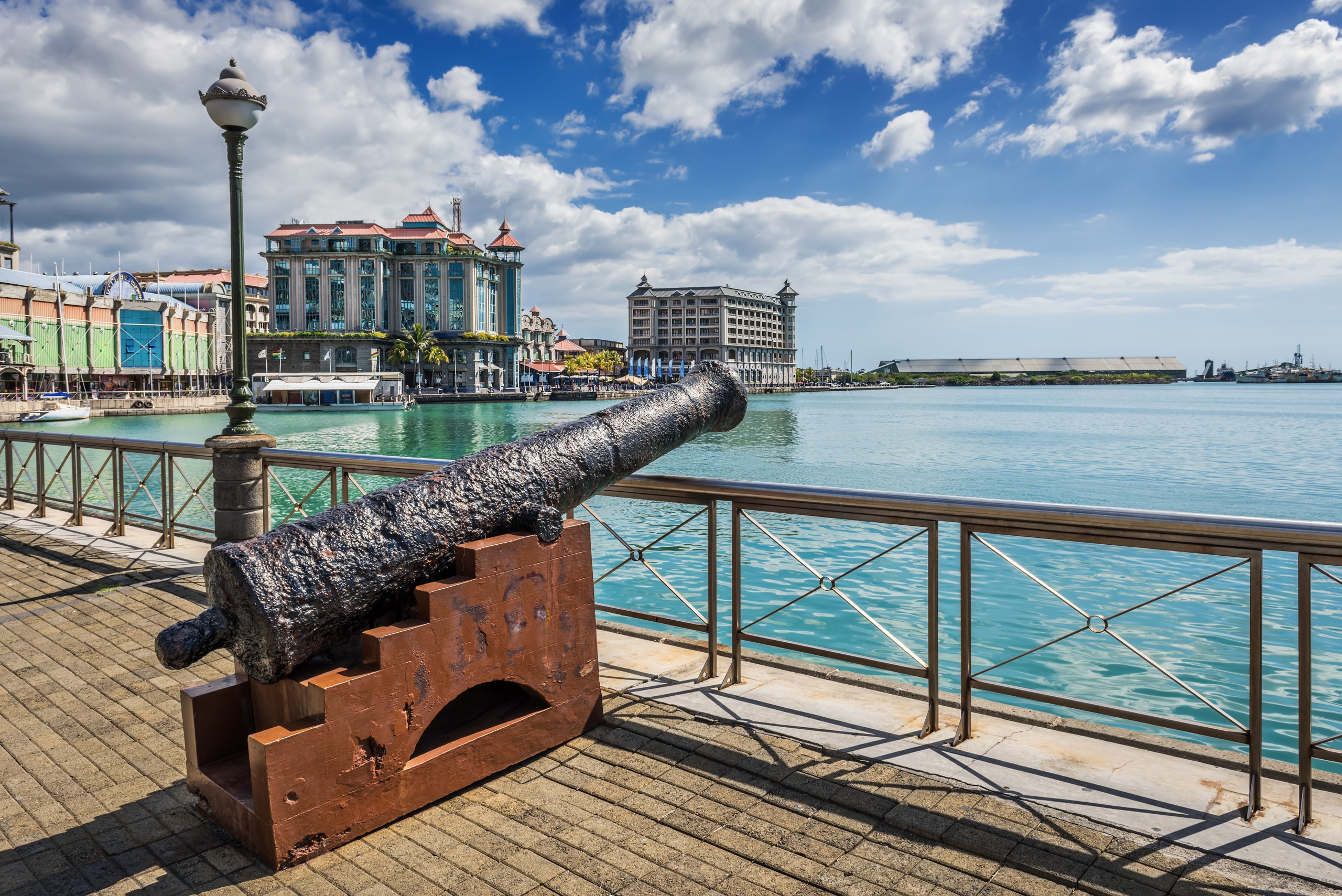
Cape Town, South Africa
160 years after its discovery by Portugal's Bartholomew Diaz in 1488, the Cape of Good Hope was still a part of primeval Africa. Sailors on passing ships impatient to reach the East or return home to Europe would leave messages under inscribed "post office" stones for other ships to carry forward. In 1580, Sir Francis Drake sailed around the Cape. The ruggedness and breathtaking beauty of the peninsula caused him to write, "This Cape is a most stately thing, and the fairest Cape in the whole circumference of the earth." The Dutch East India Company, yielding to repeated petitions and recommendations from their ships' officers, decided to establish a post at Table Bay in 1652. A stronghold was established and subsequently was replaced by the existing Castle of Good Hope - Cape Town's first building.
Cape Town continued to grow quickly under Simon van der Stel, who arrived as Governor in 1679. He turned vast regions into rich farmland, planted some 8,000 trees and designed and built the stateliest of the Cape's historic mansions, Groot Constantia (named after his wife, Constance). The British seized the Cape from Holland in 1806 and the subsequent discovery of diamonds and gold in the country spurred growth and immigration. Cape Town became a municipality in 1840 and a liberal constitution was granted to the Cape Colony in 1853. Today, the "Mother City" and the Western Cape are home to South Africa's parliament for half of the year (Parliament sits in Pretoria for the other half of the year) and much of its major industry.
Walvis Bay, Namibia
Walvis Bay possesses the finest harbor on the Namib coast. That fact led to its annexation by the British in 1878, who added it to their enclave in South Africa. It was not until 1994 that the now-Republic of South Africa returned Walvis Bay to Namibia. The port is your gateway to the vast Namib Desert, one of the oldest and harshest deserts on Earth, and to the old German town of Swakopmund, a legacy of that distant era when Namibia was a German colony named Sudwest Afrika.
Walvis Bay perches on the edge of the great Namib Desert a landscape of extraordinary beauty with its immense dunes, moonscapes and salt sinks.

Mindelo, Cape Verde Islands
The Cape Verde Islands lie off North Africa's tropical coast. Their name literally means "green cape," but nature has played a cruel trick on the archipelago. Changing climatic and economic conditions have left the archipelago ravaged by drought. But the islanders are a hardy and courageous lot. With foreign investment and private enterprise, the Cape Verde Islanders are slowly pursuing a new economic dream for their home and working toward a more promising future.
Time spent in the Cape Verde Islands teaches a new appreciation of man's endurance and resourcefulness.
Gran Canaria (Las Palmas), Canary Islands
The Canary archipelago was sculpted by a period of intense volcanic activity; its islands possess a stark, near lunar beauty. Gran Canaria is the third-largest island in the group and is often described as the 'Round Island' for its near-circular shape. Las Palmas, its capital, is also the largest city in the Canaries numbering some 500,000 inhabitants. Despite the seemingly inhospitable landscape, farmers in Gran Canaria's Angostura Valley cultivate abundant crops of tomatoes, onions, melons, and figs. Moreover the island's climates, lack of rainfall, and fine beaches have long drawn Europeans seeking the winter sun.
Casablanca, Morocco (for Marrakech)
A far cry from the sleepy dive town immortalized in the movie of the same name, Casablanca is a busting, brassy city and one of Africa's largest ports. Portuguese, Arab, Spanish and French influences give the city an allure unlike any other in the world.
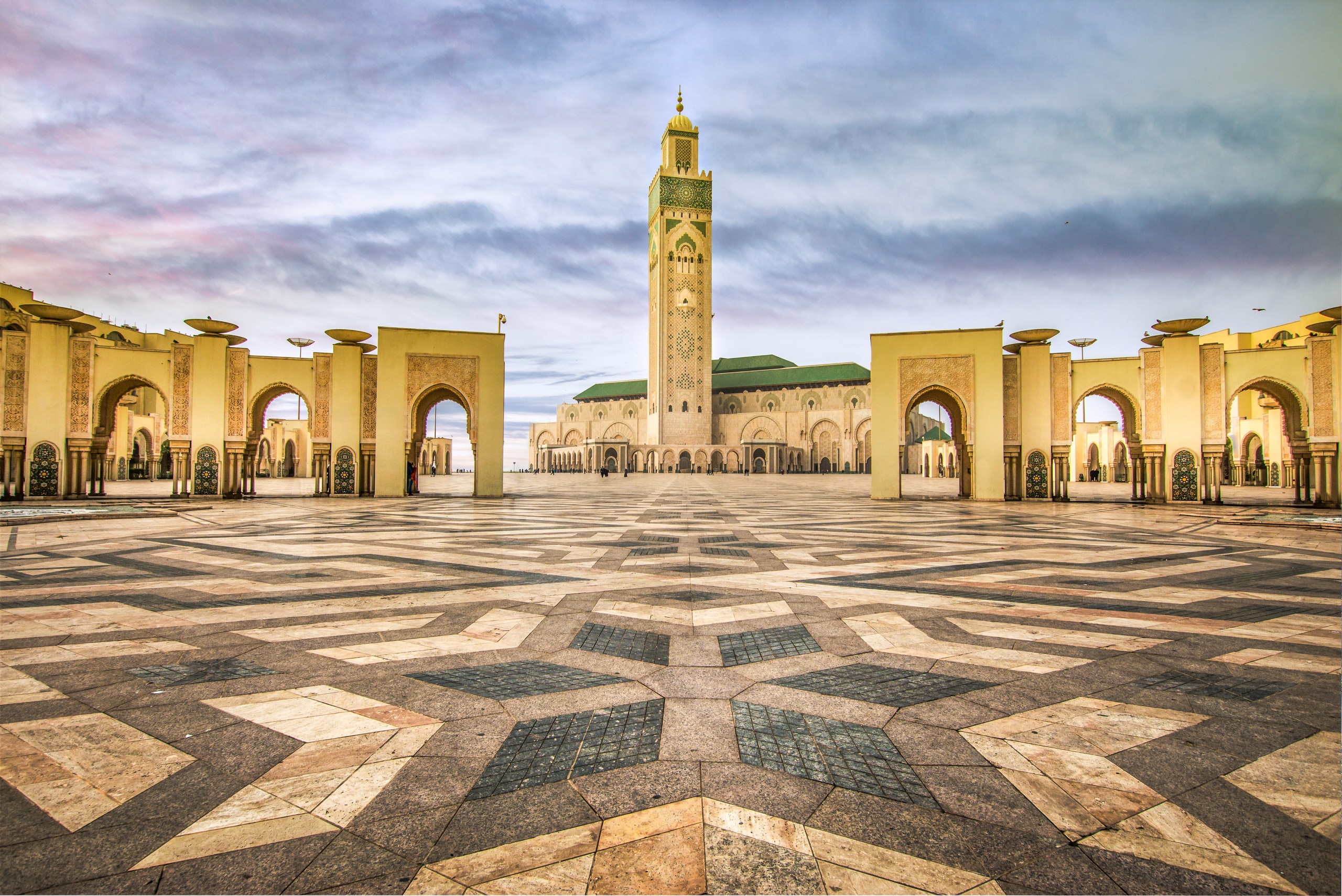
Gibraltar
The Rock of Gibraltar towers above the surrounding countryside on a narrow peninsula linked to the end of the Iberian Peninsula by a narrow sandy isthmus. Gibraltar offers a wide array of native plant life as well as dolphins in the Bay of Gibraltar and other marine mammals which include the Pilot Whales of the Strait, Killer Whales and even larger species such as Sperm Whales. Gibraltar also has its own unique bird: the Barbary.
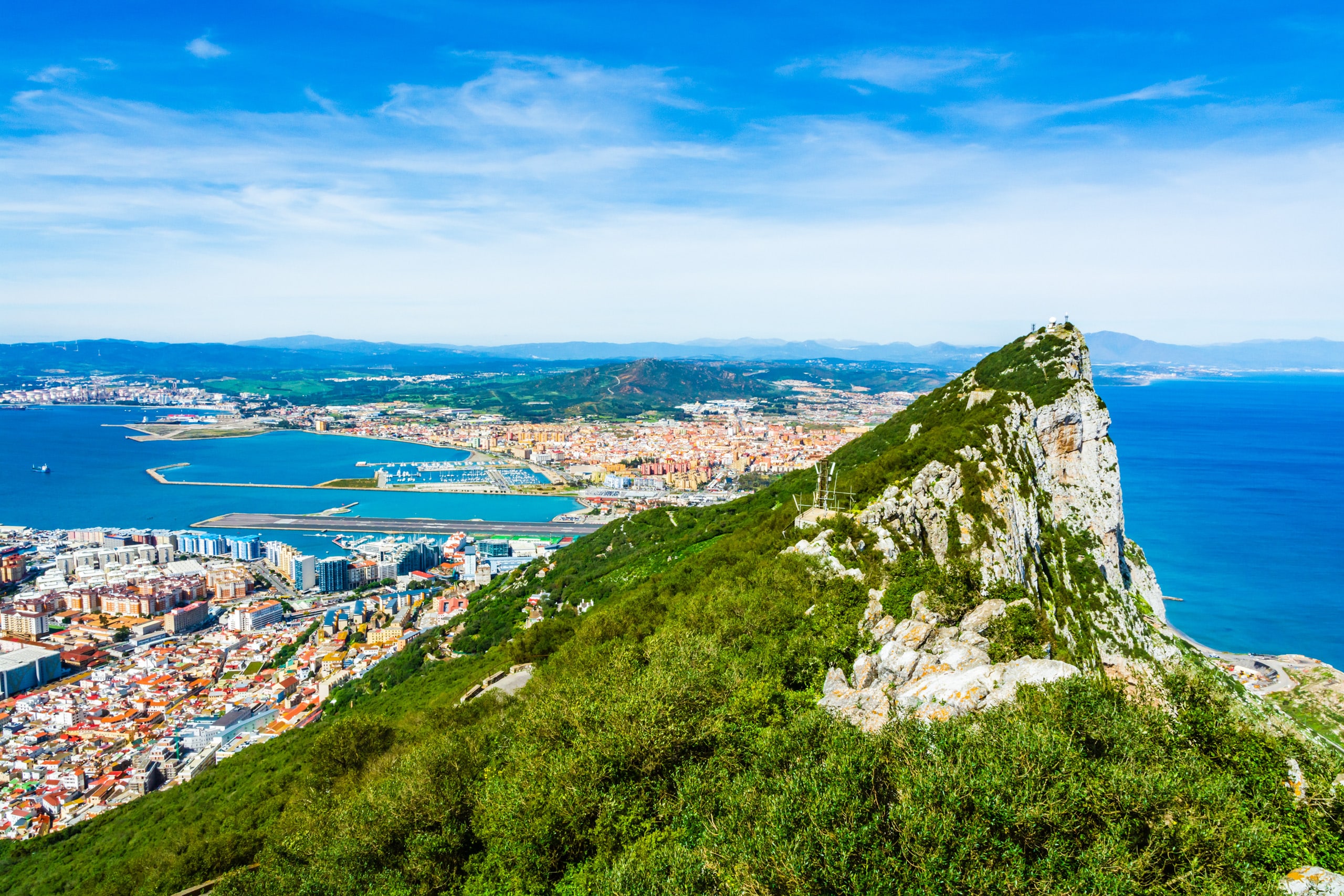
Valencia, Spain
Spain's third largest city grew from a first century Roman outpost to become a rival to Barcelona's dizzying energy and Madrid's cultural attractions-which explains the colorful mix of cosmopolitan buildings and Old World charm you'll encounter around every corner. While the city boasts Lladró porcelain, the UNESCO-recognized La Lonja, or Old Silk Exchange, and the imposing Valencia Cathedral, just a few miles away is a world of undulating hillsides covered in vineyards and a magical maze of caverns to tempt you as well. As you explore each fascinating facet of this beautiful city you'll discover that it will never fail to delight, inspire and surprise.
Barcelona, Spain
The 1992 Summer Olympics revealed to the world what Europeans and seasoned travelers already knew - Barcelona is one of the world's greatest treasures. Vibrant and earthy, commercial and cultural, this city of two million residents is the capital of Spain's autonomous region of Catalonia. Stroll along the wide, tree-lined promenades of Las Ramblas and marvel at the spires of Gaudi's Basilica La Sagrada Familia. Or visit the former Olympic Ring on the hill of Montjuic - also home to world-class parks, fountains and museums. Barcelona, which nurtured such artistic giants as Picasso, Dali, Miro and Casals, is definitely a traveler's paradise.
Mallorca (Palma), Spain
Palma is the capital city of the island of Mallorca, which is one of Spain's Balearic Islands. The city is tucked into the protected Bay of Palma, creating an impressive view from the Mediterranean Sea with its imposing Gothic Cathedral towering above the old town and remnants of medieval walls that testify to its ancient history. Mallorca has a varied history, from the Roman occupation in the 2nd century to Moorish control from the 9th to the 13th century. Later reconquered by the Spanish kings, it rose to wealth and power due to its strategic position along the seagoing trade routes between Africa and Europe.
Today, Palma is the largest city, and also the main tourist area, with beaches on either side of the city that overflow with resort hotels. If you venture beyond these environs, the island's natural beauty abounds, and life continues in a predictably underdeveloped atmosphere of simplicity. This aspect has long been an attraction for writers, painters and musicians that find inspiration here.
Two main languages are spoken on Mallorca - Castilian Spanish and the Balearic dialects of Catalan - hence the different versions of names and spellings throughout the Balearic Islands.
Cartagena, Spain
Cartagena is an ancient port - the city served as Hannibal's Spanish headquarters during the 2nd Punic War with Rome. The city remained a major trading port under the Romans and the Moors. Today, Cartagena is Spain's principal naval establishment and the site of an annual international maritime festival. The city is also your gateway to the Costa Calida, a region that boasts some of Spain's mildest weather along with 175 miles of beaches.
Tangier, Morocco
The Gateway to Morocco overlooks the Straits of Gibraltar and provides a magnificent view of Spain's southern coast. The Grand Socco is known for its makeshift shops, snake charmers, musicians and storytellers, while the Kasbah features a Moroccan fountain, fragrant herbs and shrubs, and orange and lemon trees.
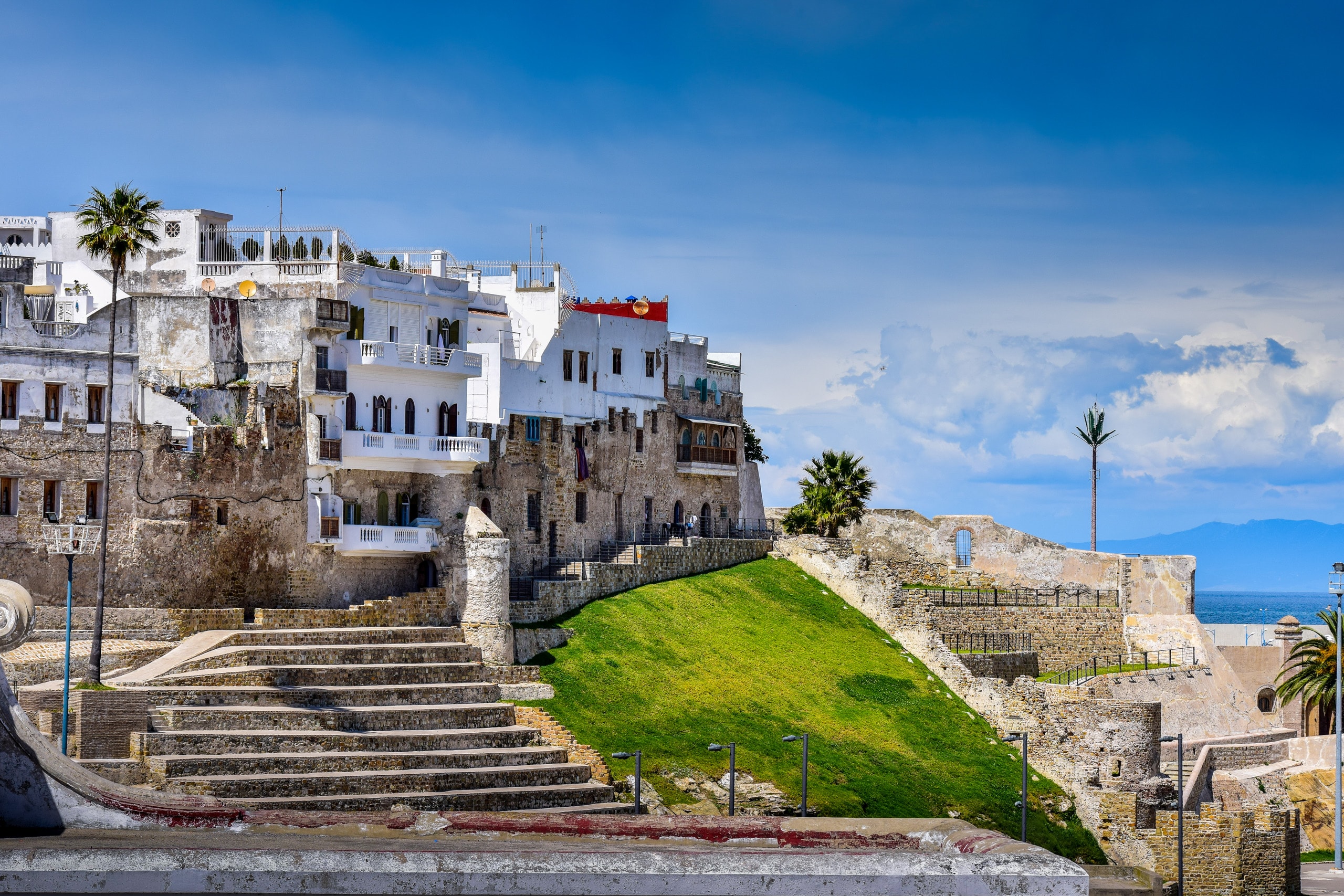
Seville (Cadiz), Spain
Almost entirely surrounded by water, this ancient Roman port has a history marked by conquest and destruction. Some of the city's 18th century walls still stand, and its medieval, if not dilapidated charm is evident in its crumbling Moorish structures.
Lisbon, Portugal
The small capital of Portugal is older than Rome - older, in fact, than any other western European capital. Pastel-colour houses line tiny, stepped alleys in old parts of town, while wide boulevards and mosaic cobblestone sidewalks highlight its grand 18th-century centre. The Alfama, an old Moorish quarter, retains its intricate, Arab-influenced layout.
Bilbao, Spain
Travelers generally come to Bilbao to see the Guggenheim, some for the art inside, but many for the amazing building itself. The Fine Arts Museum and the Basque Museum may not have been designed by Frank Gehry, but are worth a visit, and you can catch international opera stars at the Palacio Euskalduna.
Le Verdon (for Bordeaux), France
Lying on the south bank of the Garonne estuary, Le Verdon is your gateway to what is arguably the finest wine-producing region in the world: the vineyards surrounding Bordeaux. Though the city has long been an important trading center, the foundation of its prosperity has always rested on the wine trade. That trade began in the Middle Ages, when Bordeaux shipped Claret to England in exchange for British wool. While Bordeaux itself is a charming city that boasts superb examples of 18th-century neo-classical architecture, wine lovers are seldom able to resist the lure of the fine wine estates of the Medoc.
Cork, Ireland (Cobh - For Blarney Castle)
Founded in the 7th century by St. Fin Barre, Cork is your gateway to romantic Ireland. Stroll down narrow country lanes or see the Lakes of Killarney. The intrepid visitor may scale the narrow passages of Blarney Castle to kiss the Blarney Stone. The region around Cork is also home to one of the densest concentration of prehistoric monuments in Western Europe. And, in a land where fable and fact blend to become folklore, it was near Cork that the great Tuatha De Danaan, a race with magical powers, was driven underground by the conquering Celts.
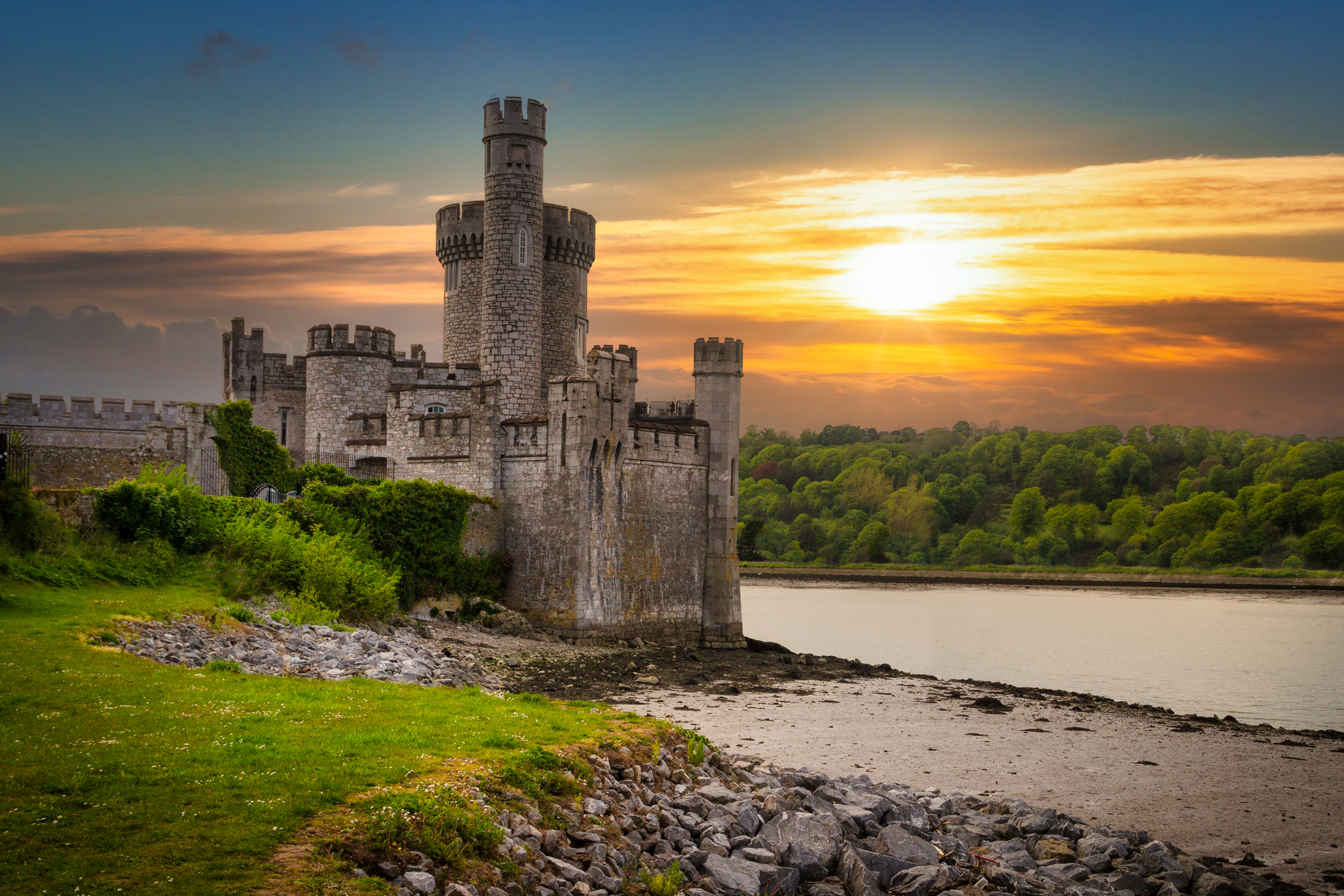
Glasgow (Greenock), Scotland
Glasgow was Scotland's great industrial center during the 19th century. Today, the city remains the commercial and cultural capital of the Lowlands. Lying on the banks of the River Clyde, Glasgow boasts some of the finest Victorian architecture in the entire United Kingdom, including the stately City Chambers. Elegant Princes Square offers excellent shopping, and among the host of museums and galleries, the Burrell Collection features a superb treasure trove of paintings and art objects.
Liverpool, England
This great industrial port grew to prominence as a result of trade with the Americas. That tradition continued in the '60s as the Beatles mounted the first wave of rock 'n' roll's "British Invasion". Actually, the city possesses cultural charms beyond the Beatles. Liverpool is home to two of the finest neoclassical buildings in Europe. At nearby Port Sunlight, magnate William Lever built a model industrial village and created the Lady Lever Gallery. The museum is home to a superb collection of English paintings and furniture.
Dover (for London), England
Visible for miles from sea, the White Cliffs of Dover are an instantly recognizable symbol of England. Modern highways make Dover the doorstep to London - Britain's ever-fascinating capital. Visitors to this great city have a wealth of pleasures to choose from. Explore the notorious Tower of London and view the Crown Jewels. Visit Windsor Castle or see Westminster Abbey. The choices are fascinating and endless. Dover is also your gateway to Kent's green countryside, dotted with old medieval towns and castles.
Your Ship: Crown Princess
Enjoy sweeping views of the world while sailing on Crown Princess. From her nearly 900 balconies to the breathtaking three-story Atrium, you'll discover a relaxing atmosphere filled with an array of world class entertainment and dining options that will greet you each day when you return from making fascinating discoveries ashore.
Your vacation – effortless. Personalized.
Make your vacation truly yours on a Princess MedallionClass® cruise that features next-level technology, now on all ships. Enjoy fast, reliable Wi-Fi, TrulyTouchless™ experiences, food and drinks delivered wherever you are and so much more.
Cruise Packages: Save on the Things You're Gonna Do Anyway
Upgrade to our Princess Plus® or Princess Premier® packages – you'll love the value!
Call our agents now!
Itinerary Overview
Adelaide, Australia, Perth (Fremantle), Australia, Port Louis, Mauritius, Cape Town, South Africa, Walvis Bay, Namibia, Mindelo, Cape Verde Islands, Gran Canaria (Las Palmas), Canary Islands, Casablanca, Morocco (for Marrakech), Gibraltar, Valencia, Spain, Barcelona, Spain, Mallorca (Palma), Spain, Cartagena, Spain, Tangier, Morocco, Seville (Cadiz), Spain, Lisbon, Portugal, Bilbao, Spain, Le Verdon (for Bordeaux), France, Cork, Ireland (Cobh - For Blarney Castle), Glasgow (Greenock), Scotland, Liverpool, England, Dover (for London), England
Online Enquiry
Terms & Conditions
All fares are displayed in AUD, and pricing is per person based on twin share occupancy unless stated otherwise. Although all due care is taken to keep information as up-to-date as possible, pricing and availability are subject to change without notice: due to varying timing schedules of supplier automated update processes; currency fluctuations; fuel surcharges or government tax & fee changes and may not be guaranteed until paid in full. Gratuities may be an additional onboard charge depending on particular cruise line selected. Please ask your cruise consultant for any clarification of Terms & Conditions.










